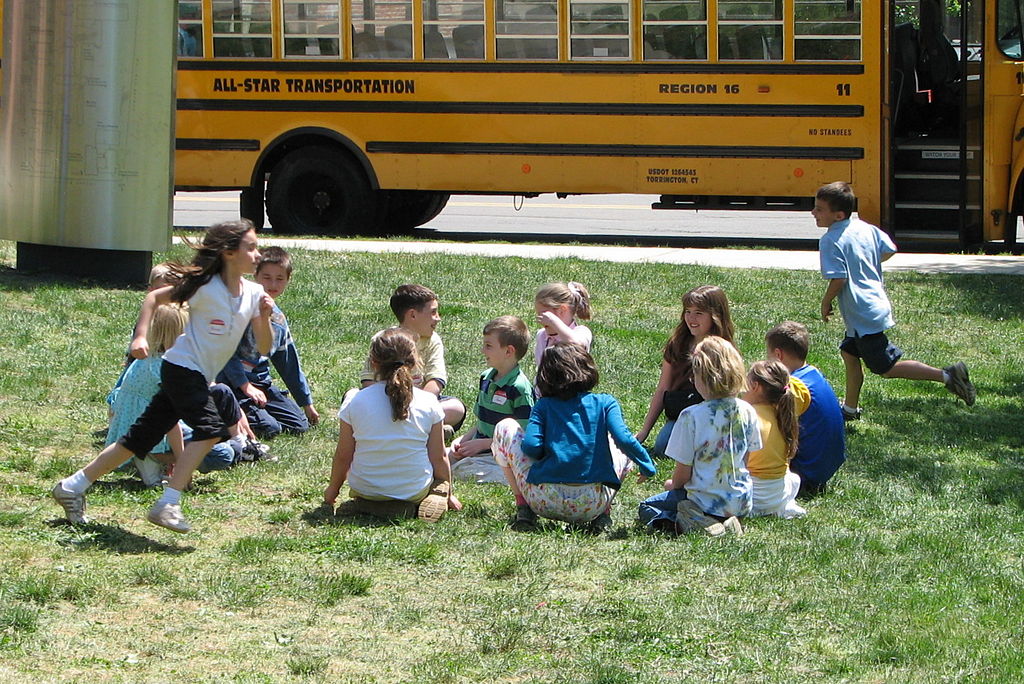Key Takeaways
- Socialization encapsulates the entity of the society, while orientation is limited only to a particular context such as an organization.
- Socialization is the process through which individuals become familiarized with society and social groups, while orientation introduces individuals to new environments, such as institutions or organizations.
- Socialization begins from childhood and is influenced by various social institutions, while orientation begins when an individual enters a specific setting.
Socialization and orientation are two processes that occur in society and can be differentiated. We all go through the socialization process as we become part of society. Orientation, on the other hand, is distinct from socialization, although it is also a form of introduction to a particular context. Orientation programs are often held in organizations and educational institutions to familiarize individuals with the context. The primary difference between socialization and orientation is that socialization encompasses the entire society, while orientation is limited to a specific context, such as an organization.
What is Socialization?
Socialization refers to the process through which individuals become familiar with society and social groups. This process has taken place in every society throughout human history, although it varies from one society to another, largely due to differing societal values. For example, a child in a tribal society may be taught specific values that differ significantly from those in another society. Socialization begins in childhood, with the primary agent being the child’s immediate family. This process not only involves the conscious learning process that occurs as parents teach their children right from wrong, but also the unconscious learning process where children internalize what they observe in the world around them. Various social agents, such as family, school, and religion, assist in the internalization of values, mores, laws, accepted behaviors, traditions, and customs.
What is Orientation?
Orientation refers to the process through which individuals are introduced to new environments. Institutions and organizations often hold orientation programs to familiarize new employees or students with the organizational setting. It is important to note that although individuals are socialized within a societal context, orientation introduces them to a subcultural setting. An example of this can be seen in university orientation programs, where students are not only introduced to the courses they will be taking but also to the university subculture. There is a clear difference between socialization and orientation, as summarized below.
Difference between Socialization and Orientation
Definitions of Socialization and Orientation:
Socialization: The process through which individuals become familiarized with society and social groups.
Orientation: The process through which individuals are introduced to new environments.
Context:
Socialization: Occurs through all social institutions.
Orientation: Occurs in specific places such as institutions or organizations.
Intention:
Socialization: Aims to familiarize individuals with societal values, norms, mores, customs, etc., in order to internalize socially accepted behaviors.
Orientation: Intends to introduce individuals to a specific setting so that they become aware of rules, regulations, accepted behaviors, ethics, etc.
Inception:
Socialization: Begins in childhood.
Orientation: Begins when an individual enters a specific setting.
